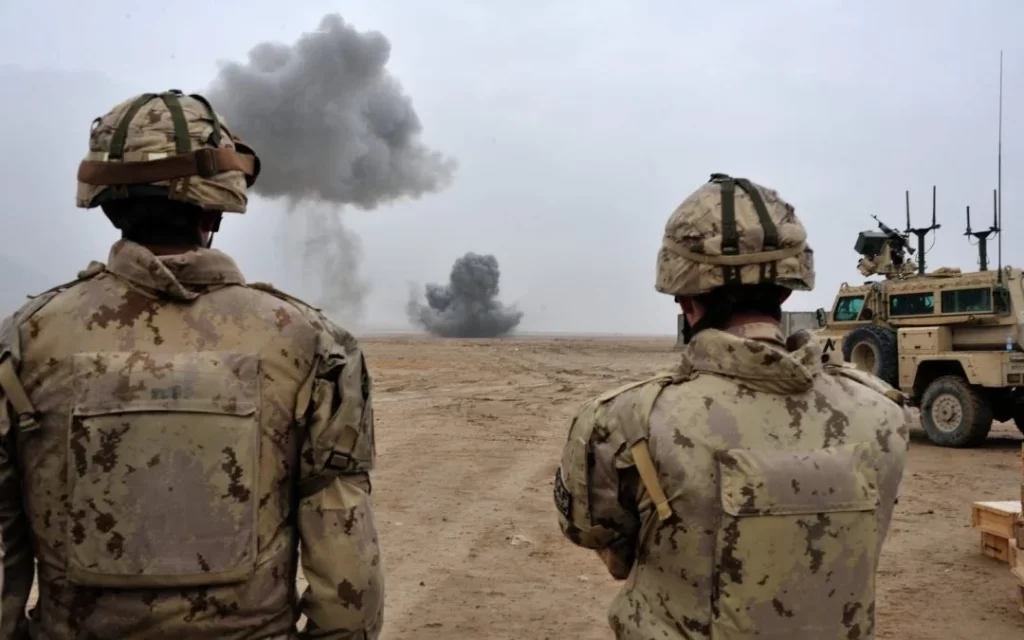The Virtues of Service

Although there should be no upper limit of professionalism, the expectations that members should strive towards it is neither an entitlement that echelons in a chain of command have nor can it be matured from well-established principles learned in training or regulations alone. The discipline needed to perform under the stresses and strains of service is matured best by appealing to a sense of reason in individual members and connection with those they serve with.
–Embracing the full scope of service cannot be achieved through personal skills and virtues alone. There must be trust vertically and horizontally.
Certainly, discipline involves a strength of character that requires high levels of self-control and necessarily involves self-respect. It allows us not merely to manage the mundane but also to face fears inherent in service. However, for full commitment to existing, there must also be alignment between virtues of service and our sense of connection to our teams and confidence in the chain of command. Embracing the full scope of service cannot be achieved through personal skills and virtues alone. There must also be trust vertically and horizontally.
Connection & Commitment
When considering the responsibilities and risks of service, it is crucial for leadership to recognize the danger moral quandaries can present. Violations of trust can cause members not only to question their chain of command or second-guess the member beside them, but even begin to question their duties and why they serve. It would make sense that if the opportunity to escape responsibility becomes available, it may become a much more attractive option. Although fear may be one of our most valuable emotions, it can become a corroding quality when it seems we are facing challenges greater than ourselves.
–The significance of threats can become less paralyzing, and uncertainty faced with greater confidence when there is a sense of solidarity in shared service.
When we trust our crew, fireteam, or squad, we lose a certain sense of personal identity to become part of a larger one. Certainly, situations are of unlimited variety and often change rapidly. However, the significance of threats can become less paralyzing, and uncertainty faced with greater confidence when there is a sense of solidarity in shared service.
Discipline & Morale
Discipline can add structure to chaotic circumstances, but it must be refined in such a way that it is understood. Attitudes, beliefs, and values of service must align with the way service is defined and how it is seen in practice. True discipline demands not only voluntary commitment to a strong moral compass but trust. It involves the accountability needed to build a cohesive consciousness. Ambiguity of orders, coercive actions, or violations of service neither increase pride in personal performance nor improves identification with peers or a larger structure of command. It only increases stress in First Responders.
–True discipline demands not only voluntary commitment to a strong moral compass but trust. It involves the accountability needed to build a cohesive consciousness.
Without connection, a sense of isolation often becomes a foreshadow of physical exhaustion and emotional collapse. This is why without vertical and horizontal trust, neither a chain of command nor community can expect the best from its First Responders. However, what is the relationship between discipline and morale?
If you are a First Responder or Veteran and want to learn more about mental health, book a Free 15-min Discovery Call with Richard Piekarckz-Vacca.